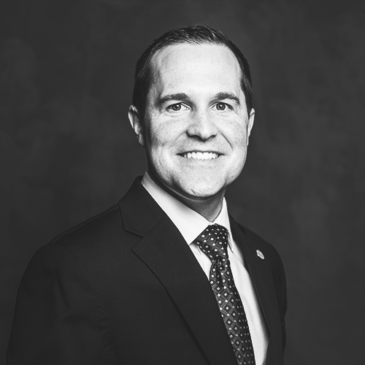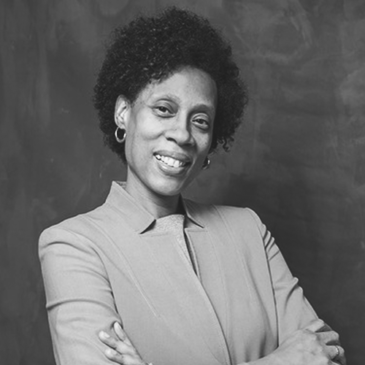Dr. Theomary Karamanis is a multiple-award-winning communication professor and consultant with 25 years of global experience. She is a full-time Senior Lecturer of Management Communication at the Cornell SC Johnson College of Business and regularly delivers executive education programs in leadership communication, crisis communication, and strategic communication. Dr. Karamanis has held several professional leadership positions, including Chair of the Global Communication Certification Council, Chair of the International Association of Business Communicators (IABC) Academy, and Chair of the IABC Awards Committee.
Dr. Karamanis’s academic background includes a Ph.D. in Communication Studies, a Master of Arts in Mass Communication, and a post-graduate certificate in telecommunications, all from Northwestern University, as well as a Bachelor’s degree in Economics from the Athens University of Economics and Business. She also holds professional certifications as a Strategic Communication Management Professional (SCMP), online facilitator, and executive program instructor.
Dr. Karamanis has been actively engaged in various industries (private, nonprofit, and government) and fields of expertise, including corporate communication, media and PR, higher education administration and teaching, and consulting. She has lived and worked in Canada, Greece, Trinidad and Tobago, the United Arab Emirates, and the United States of America.
Dr. Karamanis is the recipient of 40 professional communication awards, including 12 Platinum MarCom awards, seven Gold Quill awards, four Silver Quill awards, and a Comm Prix award. In 2020, she received the Award for Excellence in Communication Consulting by the Association of Professional Communication Consultants and the Association for Business Communication. Dr. Karamanis is the author of several books and academic papers on communication and regularly delivers presentations at international conferences and other business forums.















